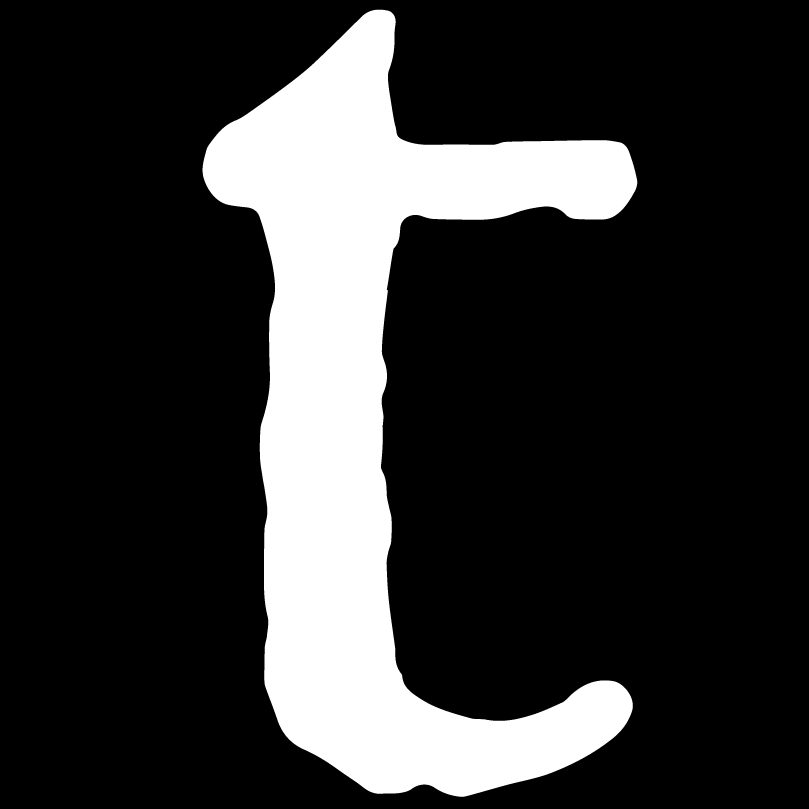Monday 22 December 2008
by: Binyamin Appelbaum, The Washington Post

Darrel Dochow was removed from his position as chief West Coast regulator by The Office of Thrift Supervision. Dochow was accused of letting IndyBank file false reports. (Photo: Getty Images)
A senior federal banking regulator has been removed from his job after government investigators concluded that he knowingly permitted IndyMac Bancorp to present a misleading picture of its financial health in a federal filing only months before the California thrift was seized by regulators.
The Office of Thrift Supervision removed Darrel Dochow as director of its western region, where he was responsible for regulating several of the largest banks that failed or were sold in the past year, including Washington Mutual, Countrywide Financial, IndyMac and Downey Savings and Loan.
Dochow allowed IndyMac to count money it got in May in a report describing its financial condition at the end of March, according to an investigation by the Treasury Department's inspector general, Eric Thorson, which was described in a letter from Thorson.
Thorson wrote that OTS, one of four federal agencies that regulates banks, allowed other companies that it oversees to perform a similar legerdemain, though he did not name those companies.
Dochow did not immediately respond to requests for comments.
An OTS spokesman did not immediately return a call or an e-mail. In a letter to the inspector general, the head of OTS, John Reich, described Dochow's actions as a "relatively small factor in the events leading to the failure of IndyMac." Reich said he had assigned Dochow to work on "special projects and administrative issues" while Thorson completes his investigation.
The findings raise new questions about OTS's regulation of the thrift industry, made up of banks that concentrate on mortgage lending. Last month, The Washington Post reported that close ties between regulators and companies played a role in the collapses of several of the largest thrifts, including IndyMac. Regulators allowed companies wide latitude and failed to insist on changes even when problems became apparent.
"The role of the Office of Thrift Supervision, as the name says, is to supervise these banks, not conspire with them. Capitalization requirements are there for a reason, and the failure of IndyMac cost the federal deposit insurance system $8.9 billion," said Sen. Charles Grassley (R-Iowa), who was briefed on the findings by Thorson. "It's good the inspector general has opened a full-blown audit as a result of this case. Everyone ought to be paying very close attention."
Dochow was appointed regional director in September 2007 after serving as the No. 2 in the western region. He was paid $230,000 in 2007, according to government records. Dochow got the job shortly after playing a leading role in persuading Countrywide to move under OTS supervision, a major coup for the agency, which is funded by fees from the companies it oversees.
In the late 1980s, Dochow had been the chief career supervisor of the savings-and-loan industry, and federal investigators later concluded he played a key role in the collapse of Charles Keating's Lincoln Savings and Loan by delaying and impeding proper oversight of that thrift's operations.
Dochow was shunted aside in the aftermath and eventually sent to the agency's Seattle office. Several of his former colleagues and superiors have said that he gradually reestablished himself as a credible regulator and again rose in the organization.
Thorson is investigating the failure of IndyMac as part of his routine responsibilities. OTS is a part of the Treasury Department, and the inspector general reviews the failure of all large OTS-regulated thrifts.
Thorson learned about Dochow's actions in reviewing documents provided by IndyMac's accounting firm, Ernst & Young.
Thrifts are required to file a report with regulators every three months detailing their financial condition. IndyMac's initial filing for the first quarter showed the company's capital cushion was just large enough to meet regulatory requirements. But days after it submitted the filing, IndyMac executives were told by the company's accountants, Ernst & Young, that some of the numbers needed to be adjusted. The changes would drop the company below the capital threshold. Instead of "well capitalized," IndyMac would be categorized as "adequately capitalized," according to the inspector general's report.
The downgrade threatened IndyMac's survival. Thrifts classed as "adequately capitalized" need special permission from regulators to gather deposits through third-party brokers. At the time, 36 percent of IndyMac's $18.7 billion deposit base had been gathered through brokers, according to the report.
On May 9, Dochow met with IndyMac executives. The executives said they wanted to inject $18 million from the holding company into the thrift subsidiary, and to count that money as if it was already in hand at the end of the first quarter, according to the inspector general's report. It said that Dochow agreed.
On May 12, IndyMac filed its revised documents, showing the company was still well capitalized.
Thorson noted such a revision could be permissible if the company had intended to make the infusion as of the end of March.
"In our work thus far, we have neither found nor been shown any indication that this intent existed," he wrote.
Thorson's office is continuing to investigate why OTS allowed the revision, and planned to issue a report when the work is completed.
--------
Staff writers Ellen Nakashima and Amit Paley contributed to this report.




























No comments:
Post a Comment